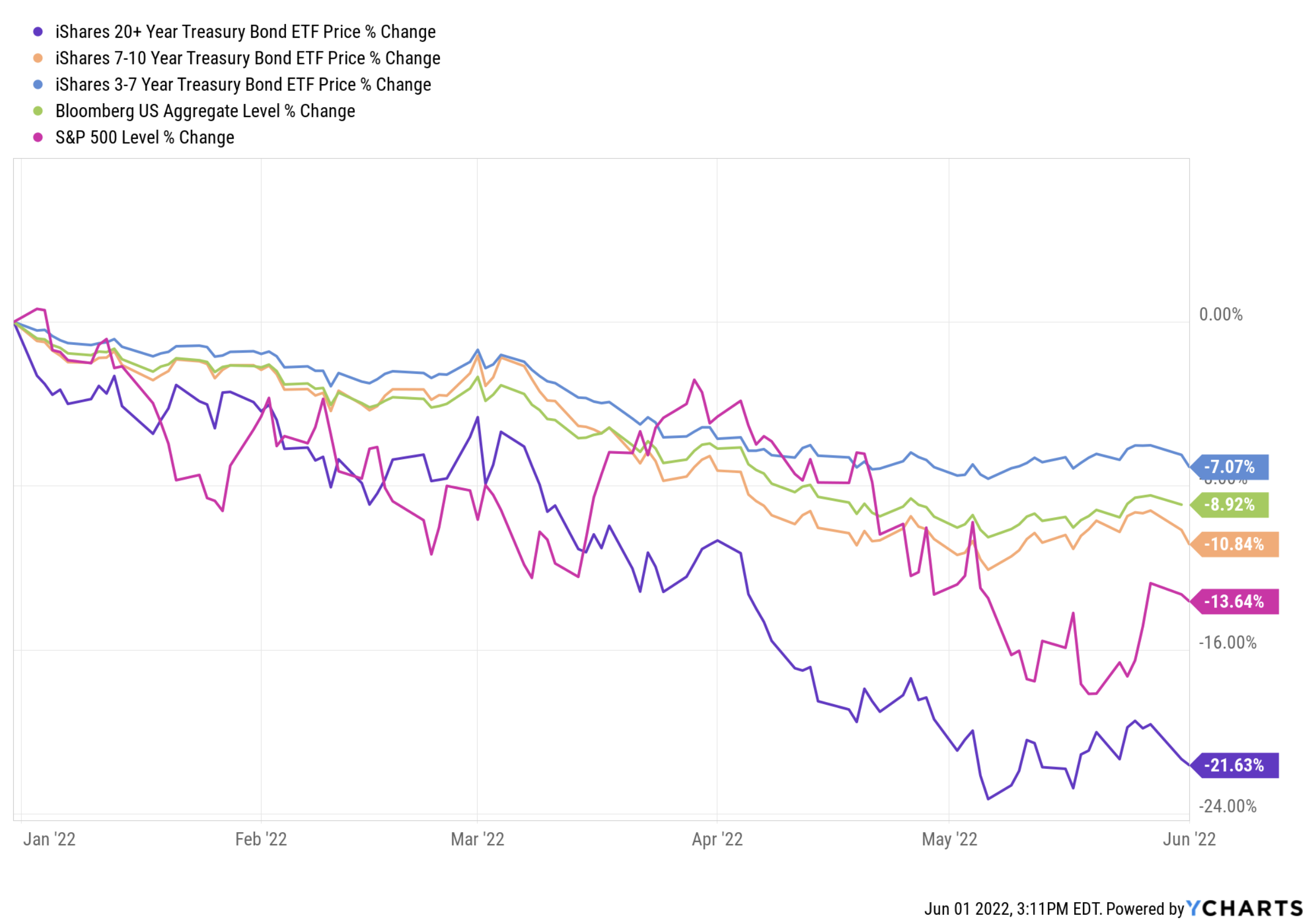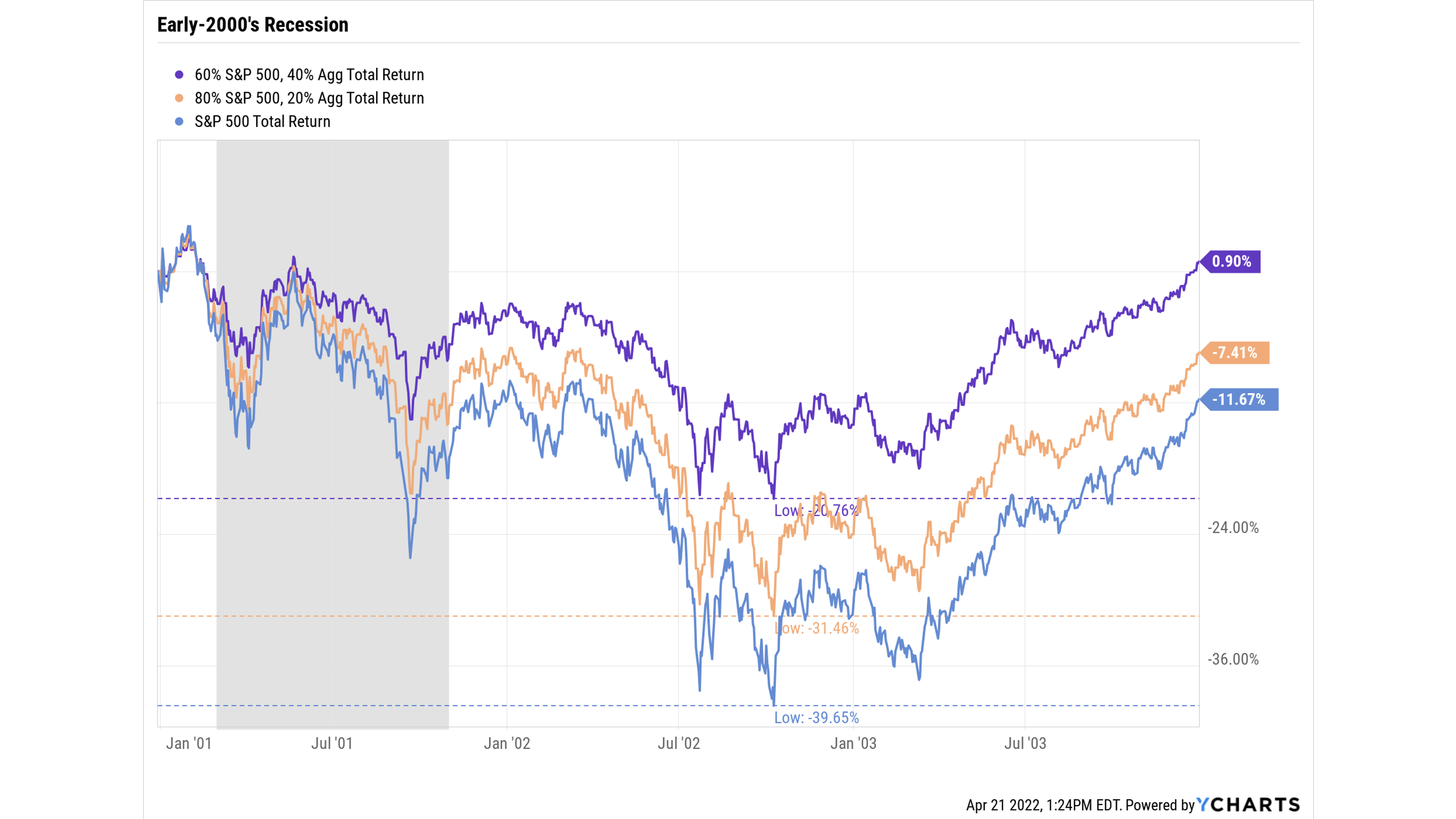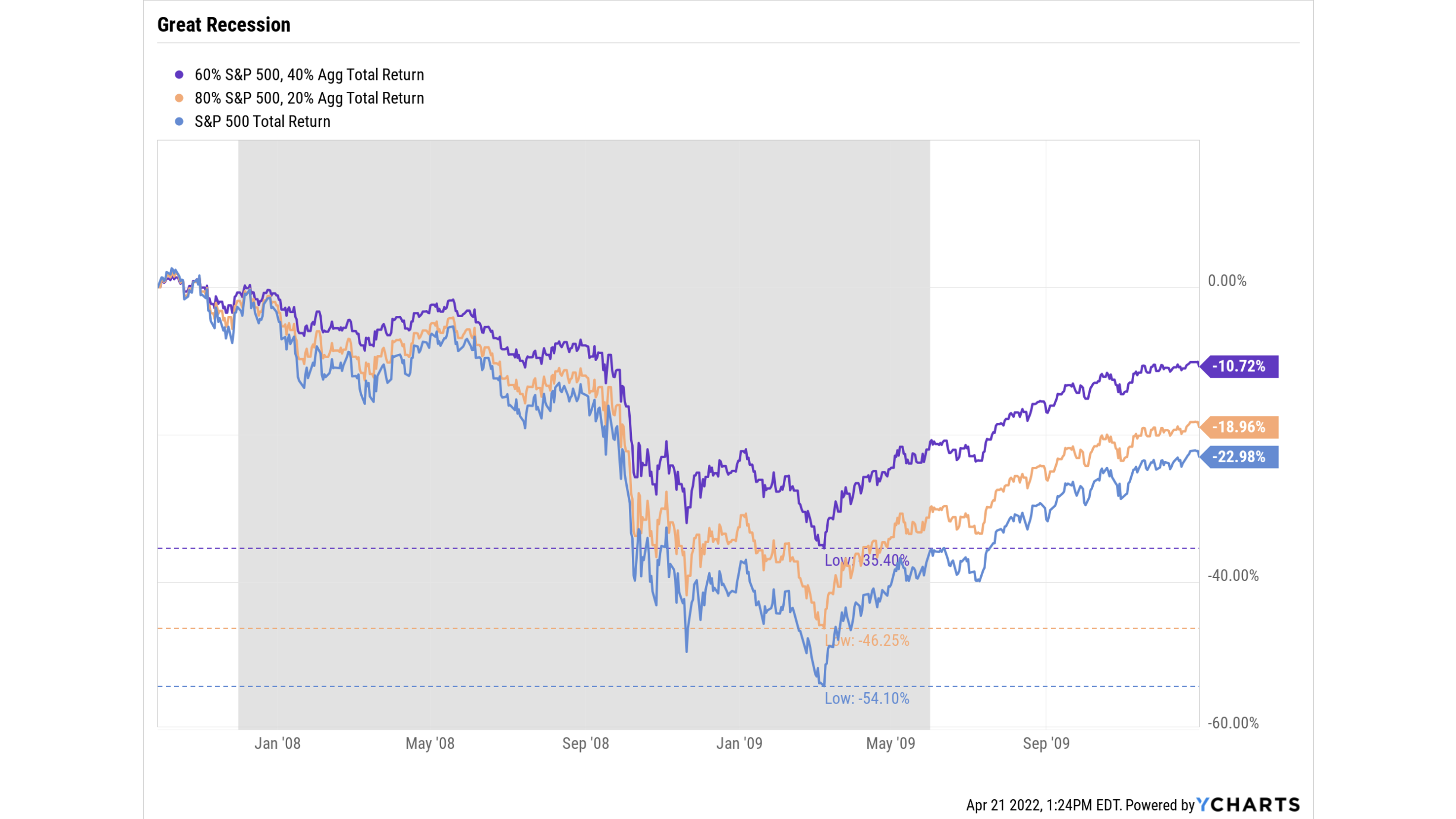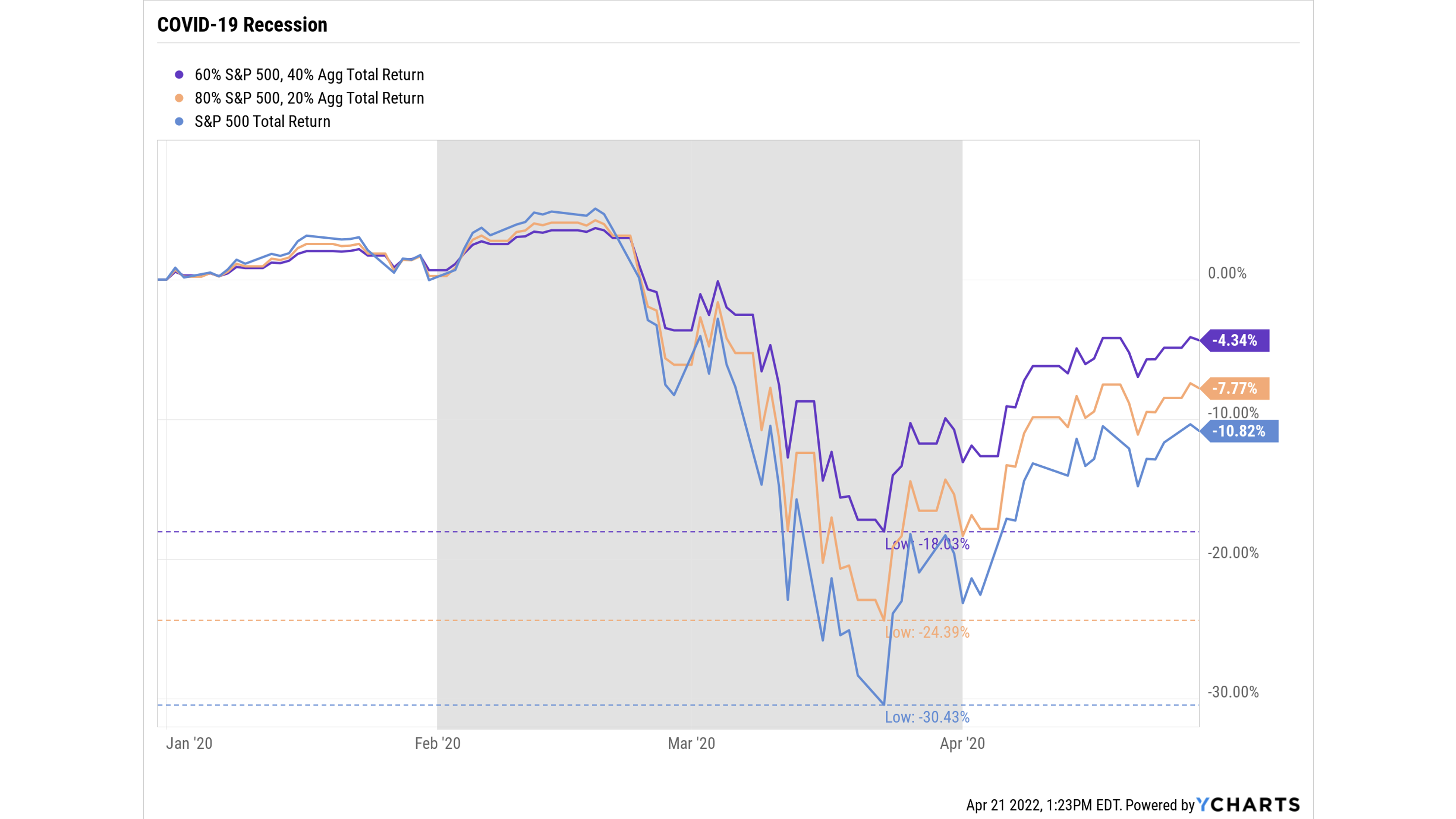Corporate executives have unique financial needs and opportunities. An opportunity that sets them apart from other corporate employees is their access to corporate benefits and compensation packages, which can have a significant impact on their financial well-being. As we start a new year, it’s an ideal time for corporate executives to evaluate their corporate benefits and make informed elections. Below is a comprehensive guide to help corporate executives make the most of their corporate benefits.
Understand Your Benefits Package
- Stock Options: Corporate executives often receive stock options as part of their compensation. It’s important to understand the types of stock options you have, vesting schedules, and tax implications.
- Retirement Plans: Review your company’s retirement plans, such as 401(k) or deferred compensation plans. Consider maximizing contributions to benefit from employer matches and tax advantages.
- Insurance: Evaluate your health, life, and disability insurance policies. Ensure your coverage aligns with your family’s needs and future financial goals.
- Health Savings Accounts (HSA): If you are utilizing a HDHP (high deductible health plan) you should be able to contribute to an HSA. These accounts are triple tax advantaged, meaning you get a deduction for your contribution, growth is tax deferred, and if used for qualifying medical expenses distributions are tax free.
- Flexible Spending Accounts (FSA): These accounts allow you to put money aside for healthcare or daycare expenses, while receiving a tax deduction for your contributions, further reducing your taxable income. Be mindful that the balances in these types of accounts do not rollover, so be sure to contribute only what you will use.
See our Financial Resources Page for a 2024 Reference Guide on contribution limits.
Tax-Efficient Compensation Planning
- Tax Planning: Consider the tax implications of your benefit choices. For example, you may have the option to defer bonuses or other compensation to a future year, potentially reducing your current tax liability.
- Stock Grant Timing: Timing the exercise of stock options or the sale of vested shares can impact your tax liability. Consult with financial and tax professionals to develop a tax-efficient strategy.
Estate and Wealth Transfer Planning
- Estate Planning: High-earning corporate executives should have an estate plan in place to protect their wealth and ensure their assets are distributed according to their wishes.
- Beneficiary Designations: Review and update beneficiary designations on retirement accounts and insurance policies to reflect your current wishes.
Investment Strategy
- Diversification: Ensure your investment portfolio is diversified to manage risk effectively. Diversification can also help you achieve long-term financial goals.
- Risk Tolerance: Your risk tolerance may evolve over time. Reevaluate your risk tolerance to ensure it aligns with your current financial situation and objectives.
Seek Professional Guidance
- Financial Advisor: Consider working with a financial advisor experienced in advising corporate executives. They can help you navigate complex financial decisions and tailor strategies to your unique needs.
- Legal and Tax Professionals: Consult with legal and tax professionals to ensure compliance with regulations and to create effective tax and estate planning strategies.
Corporate executives have access to valuable corporate benefits that can significantly impact their financial future. To make the most of these benefits, it’s important to understand your options, plan strategically, and seek professional guidance when needed. By taking proactive steps and optimizing your corporate benefits, you can enhance your financial well-being and work toward achieving your long-term financial goals.
If you have any questions or need assistance with your corporate benefits planning, don’t hesitate to reach out to our team at SBC Wealth Management. We’re here to help you navigate your financial journey with confidence.















